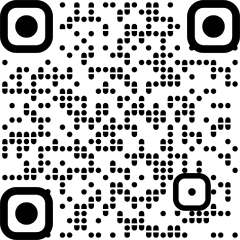New Delhi: Researchers have developed an AI-based tool that can predict episodes of mood disorders in patients using sleep-wake data recorded by wearable devices such as smartwatches. People suffering from mood disorders, including bipolar disorder, experience long periods of sadness, depression, euphoria, or mania. Mood disorders are closely related to sleep-wake rhythms with disturbances potentially triggering mood episodes.
The team of researchers, including from the Institute for Basic Science in South Korea, said the growing popularity of wearable devices has made it easier to collect health data.
“By developing a model that predicts mood episodes based solely on sleep-wake pattern data, we have reduced the cost of data collection and significantly improved clinical application.”
“This study offers new possibilities for cost-effective diagnosis and treatment of mood disorder patients,” said lead researcher Kim Jae Kyung.
For the study, published in the journal ‘npj Digital Medicine’, researchers analyzed 429 days of data from 168 mood disorder patients. Thirty-six sleep-wake, or circadian, rhythms were extracted, which were used to train machine learning algorithms.
A form of artificial intelligence (AI), machine learning algorithms learn to find patterns in the data it is trained on to make predictions about the future.
The AI model developed by the team was thus able to predict depressive, manic and hypomanic episodes with an accuracy of 80 percent, 98 percent and 95 percent respectively.
“Using mathematical modeling for longitudinal data from 168 patients, we derived 36 sleep and circadian rhythm features. These features enable accurate next-day predictions for depressive, manic, and hypomanic episodes,” the authors wrote.
Researchers found that daily changes in circadian rhythms are key predictors of mood episodes.
In particular, delayed circadian rhythms, falling asleep and waking later in the day, increase the risk of depressive episodes. On the other hand, advanced circadian rhythms — sleeping and waking earlier in the day — increase the risk of manic episodes, the researchers said.
“Notably, daily circadian phase shifts were the most significant predictors: delays associated with advances in depressive episodes and manic episodes,” the study authors added.










